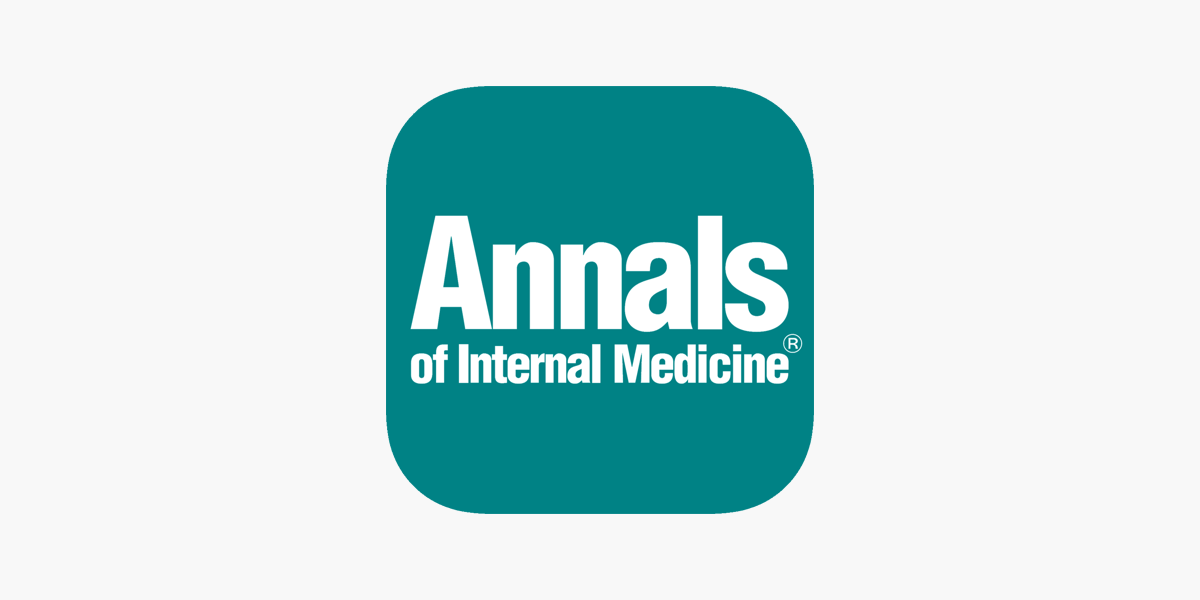

Ending medical discrimination against patients with substance use disorder
In a recent commentary published in the Annals of Internal Medicine, co-authored by Dr. Kathryn Bolles, clinical instructor (General Internal Medicine) and physicians from Yale School of Medicine, Boston Medical Center and lawyers from the Legal Action Center, the authors discuss the urgency of ending opioid use disorder-based discrimination in skilled nursing facilities (SNFs) to save lives amidst the escalating overdose crisis, as well as the legal liability skilled nursing facilities can face when engaging in such discrimination.
SNFs and MOUD
Skilled nursing facilities (SNFs) aid in the rehabilitation and recovery of individuals who require post-acute medical care, or have more long-term needs for continued care.
After patients leave the hospital, many require the continued support and rehabilitation services of SNFs to aid in their recovery process such as wound care, intravenous (IV) therapy, physical therapy and continual monitoring of symptoms and vital signs provided by health professionals including registered nurses, certified nursing assistants, physical therapists, occupational therapists and speech therapists.
Treatment in a SNFs is a vital part of long-term recovery and health for those previously hospitalized due to acute illness, however access can be sometimes be challenging due to space limitations, cost and insurance coverage or admissions criteria.
For patients taking medications for opioid use disorder (MOUD), the admissions criteria can be the deciding factor. It is often common practice for SNFs to deny admission to patients taking MOUD – specifically, buprenorphine and methadone - despite these treatments being proven to reduce mortality rates by more than 50%.
This can lead to unnecessary and potentially deadly changes in clinical care, as patients may have to choose between accessing vital post-acute care services and the continuation of prescribed treatment for opioid use disorder.
Not only is this practice unsafe for patients taking MOUD, but it is an act of discrimination.
Ending discrimination
Refusal by SNFs to admit people taking MOUD violates the Americans with Disabilities Act (ADA), the Rehabilitation Act of 1973, and the Patient Protection and Affordable Care Act (ACA).
In their commentary, the authors outline numerous Department of Justice (DOJ) settlements with SNFs and the DOJ’s April 2022 statement that SNFs violate the ADA when they refuse to “admit a patient . . . because the patient takes doctor-prescribed MOUD” make it clear such discrimination is illegal.
“Our patients with opioid use disorder deserve safe, equitable care free from stigma and unnecessary barriers. It is incumbent upon us as healthcare providers to educate and advocate for safe transitions for our patients, so that they can recover from illness with the support they need and deserve,” Bolles said.
The authors offer guidance on how SNFs and all health care facilities can ensure equitable care is accessible to all patients:
- Ensuring hospitals and other health care settings offer all forms of MOUD to patients in need
- Guaranteeing hospitalists can advance care and refer patients to SNFs without workarounds that forsake patients’ optimal care
- Filing DOJ complaints when patients experience discrimination
- Educating SNF staff about their legal responsibility to uphold non-discriminatory admission policies and practices.